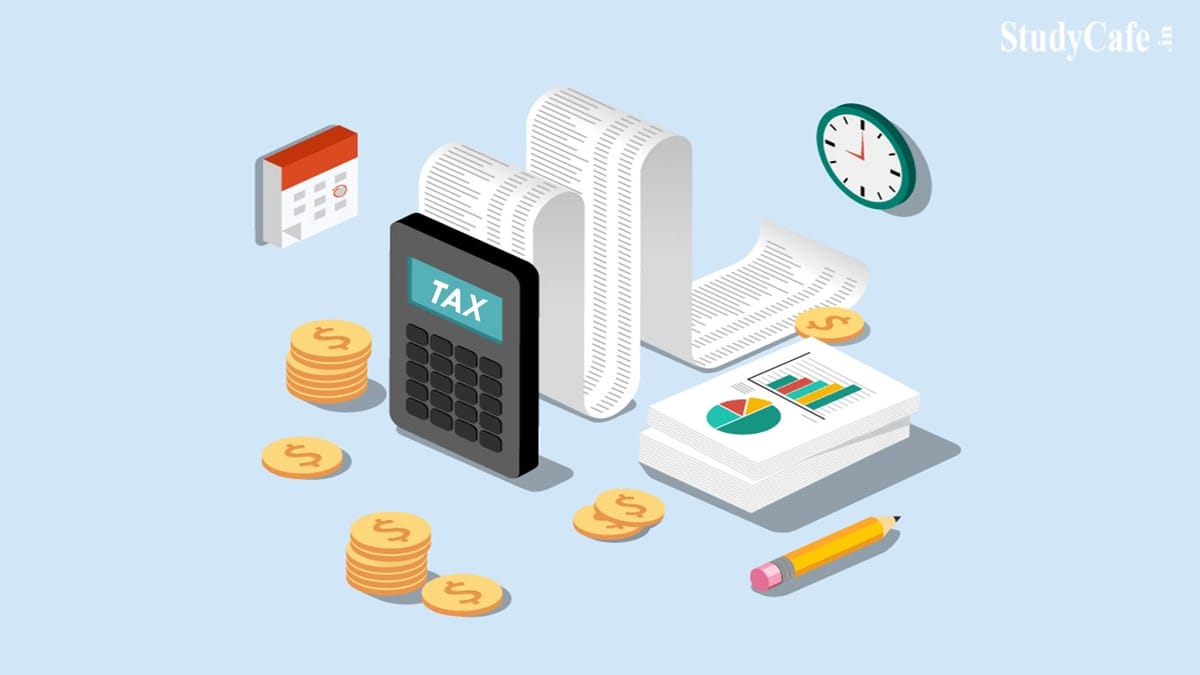Money disclosed via the VDS cannot be combined with normal income declared under the Scheme and cannot be repaid at any cost: Madras High Court
Nilisha | Mar 28, 2022 |

Money disclosed via the VDS cannot be combined with normal income declared under the Scheme and cannot be repaid at any cost: Madras High Court
The Bench, which included Justices Vivek Rusia and Amar Nath Kesharwani, decided that the tax paid under the Voluntary Disclosure Scheme and the tax paid under the Income Tax Act are two separate things that cannot be adjusted. The Bench went on to say that an assessee cannot reveal some of his income under the Voluntary Disclosure Scheme and the rest of his income in a late-filed income tax return under the Act.
Subhash Chandra, the petitioner/assessee, filed a VDIS (Voluntary Disclosure of Income Scheme) application in 1997, reporting his unreported income for the relevant assessment years. The Assessee then filed his income tax return and subtracted the VDIS revenue from his total income for the relevant assessment years, resulting in a tax liability of Nil. The Assessee filed a revision application with the Commissioner of Income Tax after the Income Tax Officer rejected the income tax return.
The Commissioner of Income Tax (CIT) denied the appeal on the grounds that the Assessee was ineligible for exemption since he attempted to take advantage of both the Income Tax Act and the VDIS, which was illegal. The nature of assets of income stated under the VDIS and in the ordinary income tax return, according to the CIT, were different. The CIT found that the description of assets in the VDIS application did not match the source of income in the income tax return, and that no TDS or advance tax was deducted or paid on the assets disclosed under VDIS. As a result, the CIT dismissed the revision application, claiming that the Assessee had submitted his income tax return late and was avoiding income tax by reducing the income stated in the VDIS. The Assessee filed a writ case in the High Court challenging the CIT’s decision.
According to Section 68 of the Finance Act, 1997, voluntarily disclosed income cannot be included in the total income of the declarant/assessee for any particular assessment year, and thus the Assessee had correctly excluded the undisclosed income from his total income and claimed a refund of the advance tax and TDS paid for the relevant assessment years. The income tax department’s counsel argued that the VDIS Scheme was announced to raise more revenue, and that any amount of tax paid pursuant to the declaration in the scheme is not refundable under any circumstances, according to Section 70 of the VDIS.
According to Section 64 of the Finance Act, 2017 Only those persons who have failed to file a return under Section 139 of the Income Tax Act, or who have failed to disclose the particular income in a return filed under the Income Tax Act before the date of commencement of the Scheme, or when the income sought to be declared under the Scheme has escaped assessment due to omission, are eligible to make a declaration under the Voluntary Disclosure of Income Scheme.
The High Court ruled that the VDIS tax is distinct from the income tax imposed by the Income Tax Act. The High Court held that voluntarily disclosed income does not have to be included with ordinary income declared under the Income Tax Act because the tax paid under VDIS is not refundable. The source of revenue stated under VDIS and the source of income shown in the return submitted under the Income Tax Act are completely different, according to the Court.
The High Court concluded that because the Assessee had not submitted his income tax return under Section 139 of the Income Tax Act before making a declaration under VDIS, he should have disclosed all of his income from all sources when making an application under VDIS. The High Court went on to say that the Assessee could not be allowed to tamper with the Income Tax Act or the VDIS by declaring part of his income in VDIS and then submitting a late income tax return under the Act.
The Court, citing the Bombay High Court’s decision in the case of Earnest Business Services (P) Ltd against Commissioner of Income Tax (2017), ruled that the tax paid under VDIS and the tax paid under the Income Tax Act are two different things that cannot be adjusted. The High Court ruled that the income declared in VDIS could not be included in the income tax return filed under the Income Tax Act, and that the assessment under the Income Tax Act could not be reopened as a result.
The Assessee had filed a belated income tax return and claimed deduction of income as well as tax refund in order to take advantage of the Scheme’s undue benefit, according to the High Court.
As a result, the High Court dismissed the Assessee’s appeal and upheld the CIT’s decision.
To Read Judgement Download PDF Given Below:
In case of any Doubt regarding Membership you can mail us at [email protected]
Join Studycafe's WhatsApp Group or Telegram Channel for Latest Updates on Government Job, Sarkari Naukri, Private Jobs, Income Tax, GST, Companies Act, Judgements and CA, CS, ICWA, and MUCH MORE!"